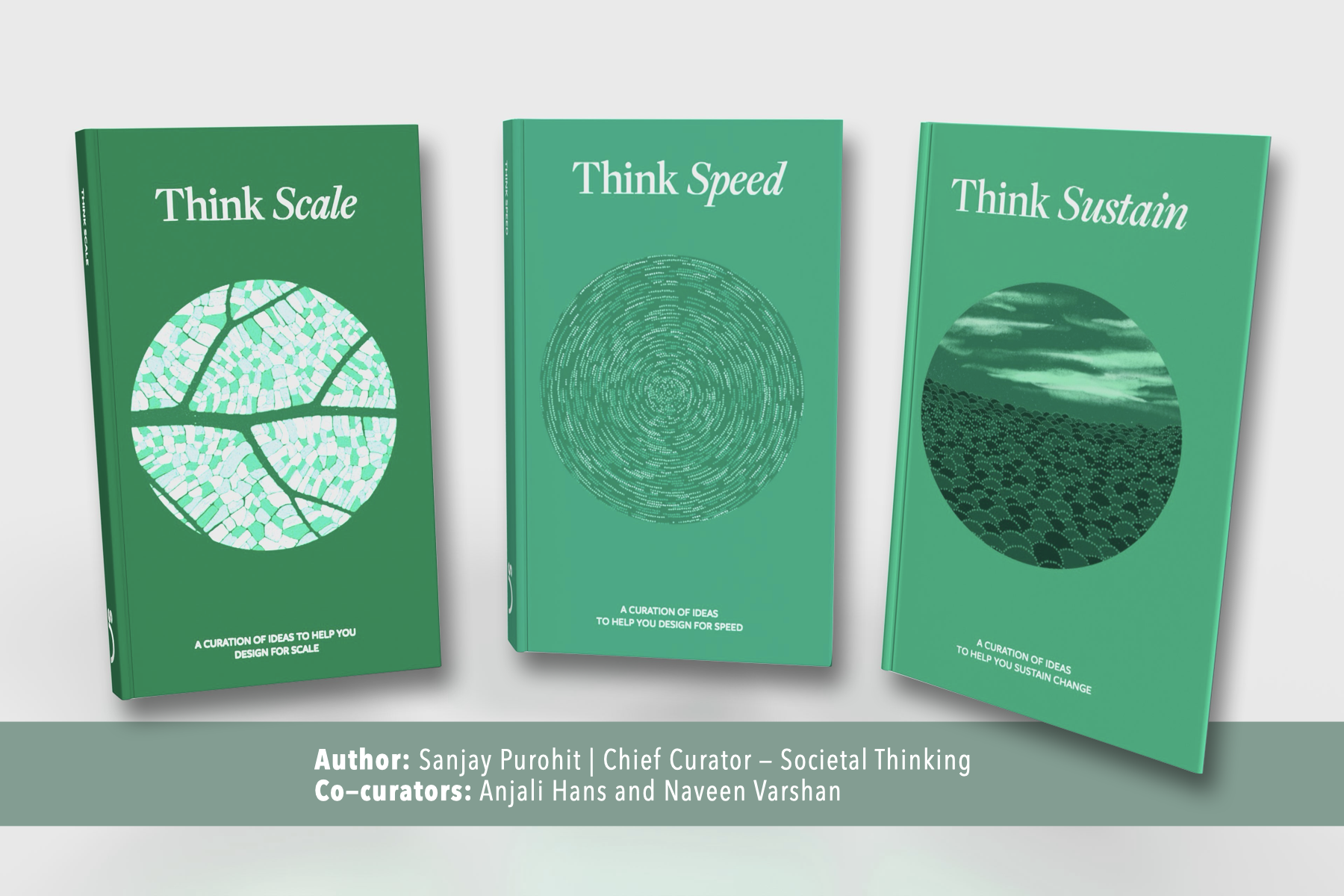In Brazil, women face a constant threat of gender-based violence from the moment they are born, placing them in a vulnerable position simply because of their gender. Shockingly, statistics reveal that at least 43% of Brazilian women have faced some form of violence in their lives. Despite the gravity of this situation, little progress has been made in recent years, with existing public policies alone proving ineffective in preventing such behaviour or raising societal awareness about the issue. Furthermore, the support systems available to women dealing with the aftermath of violence are inadequate, leaving them trapped in the cycle.
Tragically, as you read this, another woman in Brazil has lost her life to gender-based violence. We cannot afford to delay action any longer. It’s imperative that we intervene immediately to prevent further loss of life and move towards a healthier and safer reality for women in the country.
That is why we started Mapa do Acolhimento as a vital resource offering support to women, empowering them to break the cycle of violence. When a woman seeks assistance – mental or legal, it’s crucial that she finds the necessary resources to address her situation effectively. Without proper support, she risks being pulled back into the cycle. Breaking this cycle isn’t just about preserving her life; it’s about securing a future free from violence for generations to come. Our initiative has already assisted over 10,000 women through a volunteer network of 13,000 individuals, providing vital mental health and legal services.
Moving forward with the Societal Thinking approach, we aim to expand our reach so that we are able to impact more women with a wider network of volunteers at scale. We also recognise that apart from solving for the urgency of supporting current survivors we also need to address the underlying systemic factors fueling (and perpetuating) this issue. Our goal is to foster a deeper understanding of the dynamics of gender-based violence in Brazil and restore the agency of individuals to take action.
We have to reimagine a way to engage diverse segments of society, catalysing collective agency to tackle gender-based violence. By leveraging the expertise of our volunteer network, we envision a ripple effect of awareness, advocacy, and transformative change across communities nationwide.
A key challenge is that Brazil is a vast country where the dynamics of violence vary depending on the region where women reside. Understanding the intersections between local context, public investment in policies, access to education and employment opportunities is essential to grasp the multiple unique realities faced by Brazilian women. Therefore, we are envisioning MAPA as a network of many micro-networks – small networks that are made of people who understand the local context, can help women locally and can connect with governments, civil society and markets in their locality to help reduce gender-based violence by undertaking diverse solutions ranging from direct support to awareness to policy change to improvements in public support systems. With Societal Thinking team, our endeavour is to learn, reimagine and design what a network of micro-networks can look like, what digital public infrastructure can facilitate community engagement, enabling localities to share information and best practices in addressing gender-based violence and help them take actions and finally how these micro-networks can induce exponential change.
This is a critical juncture in Brazil, especially after the setbacks to women’s rights during the previous presidency. With a new federal government in place, we have the opportunity to harness the momentum of change and push for meaningful advancements in gender equality. Now is the time to redouble our efforts, aligning with the renewed focus on women’s issues to advocate for policy changes, bolster support systems for survivors, and foster societal understanding of gender-based violence. By seizing this moment we can pave the way for a sustainable future creating a strong social fabric resistant to government changes.
Read about our Scalers program here.
 Back
Back


